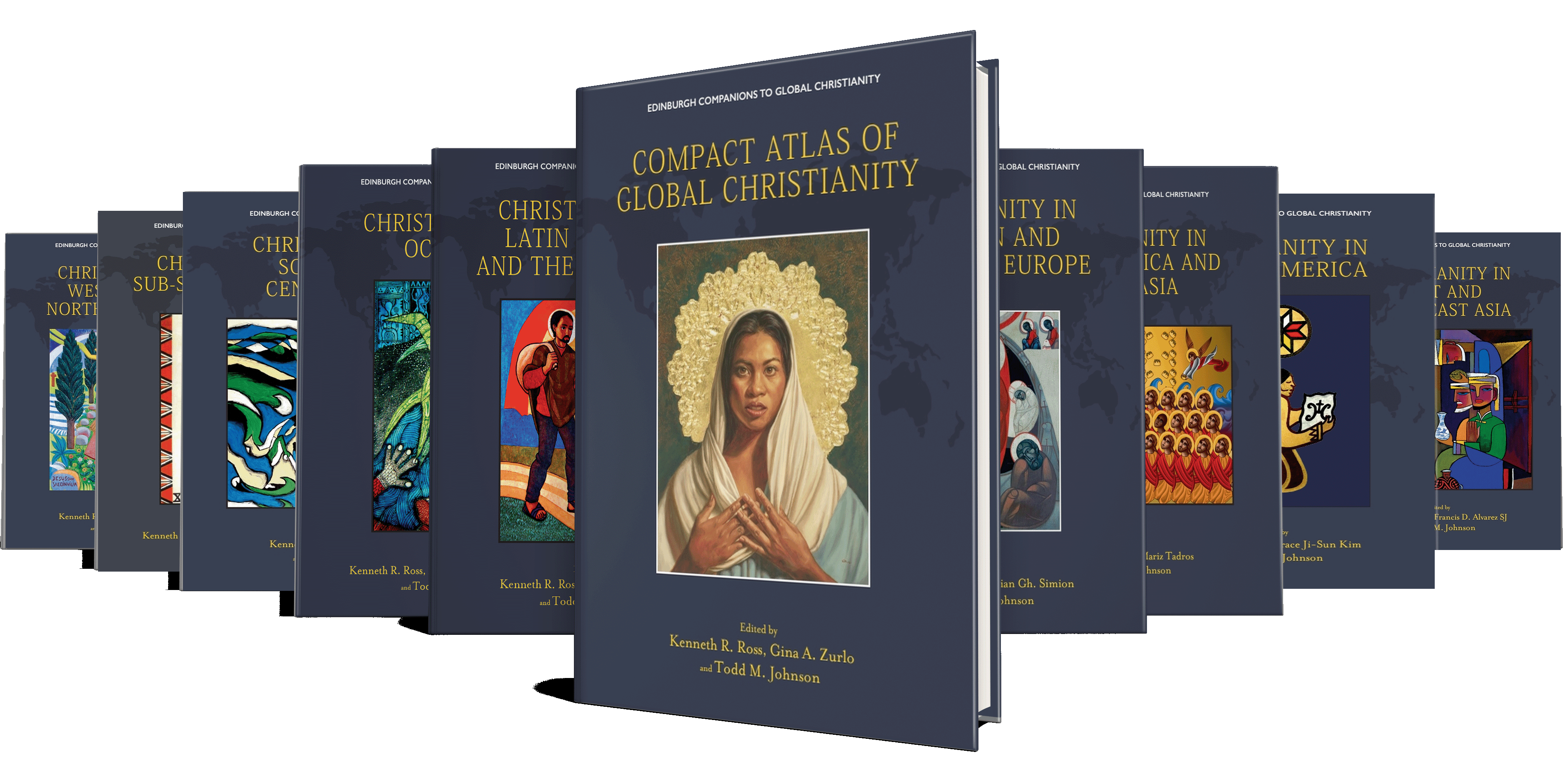
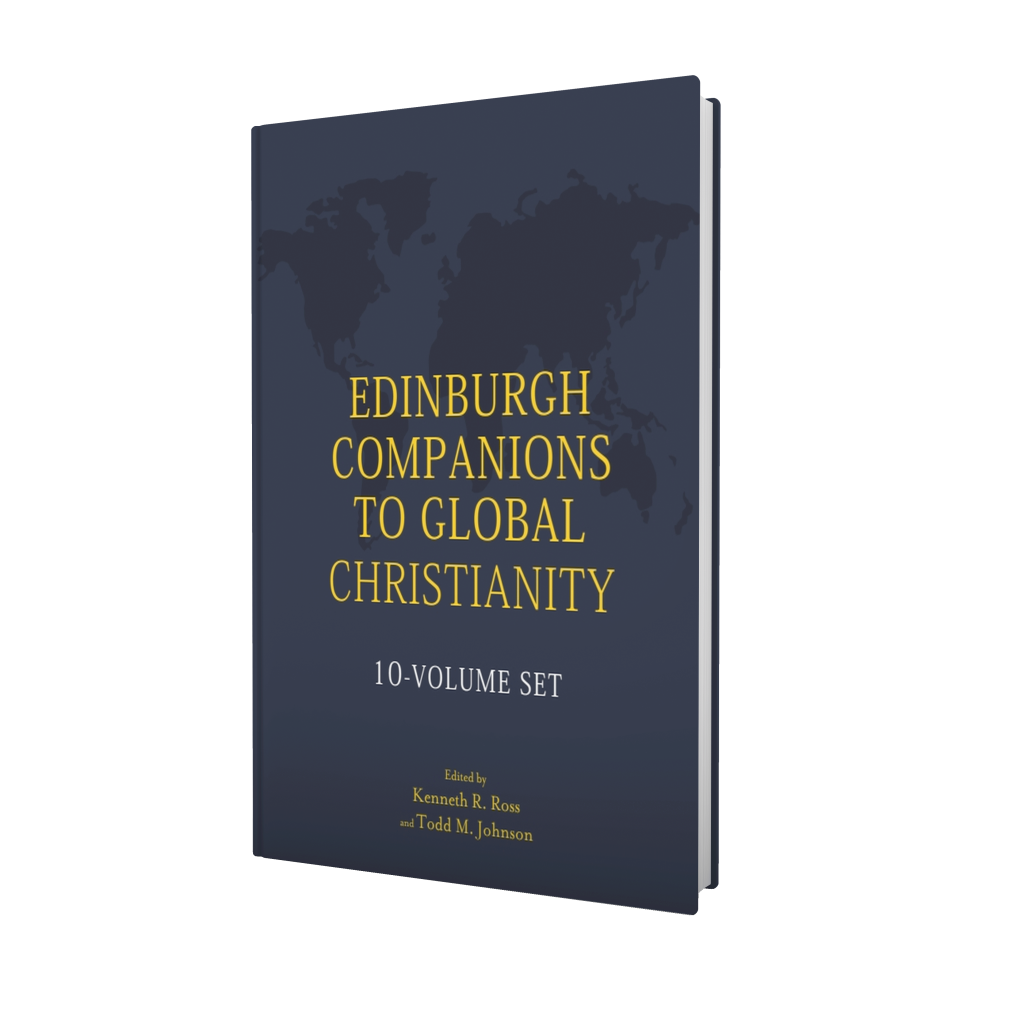
The Edinburgh Companions to Global Christianity comprise a uniquely detailed and comprehensive examination of Christianity on every continent.
Upon the publication of the final two volumes of the Edinburgh Companions to Global Christianity, Kenneth Ross and Todd Johnson reflect on the process of conceptualising and editing this groundbreaking 10-volume series.
By Kenneth Ross and Todd Johnson
It all began with a phone call in 2005 between two strangers, as they were at that time, Todd Johnson and Kenneth Ross. Johnson was a seasoned religious demographer who had been working with David Barrett for some 15 years, counting Christians in every country of the world. Having produced the monumental second edition of the World Christian Encyclopedia in 2001 and established the Center for the Study of Global Christianity at Gordon-Conwell Theological Seminary in Boston, he had a vast amount of demography at his fingertips and was searching for imaginative ways to present the data to a wider audience.
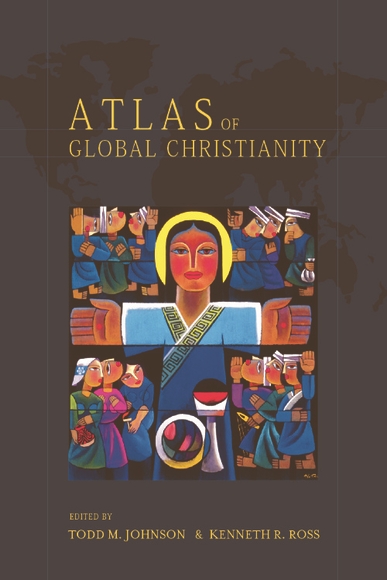
The reason for Johnson’s call to Ross was that he had identified the upcoming centenary of the Edinburgh 1910 World Missionary Conference as a moment when there might be above-average interest in the changing demography of World Christianity. Ross was based in Edinburgh at the time, serving as General Secretary of the Church of Scotland Board of World Mission, and had just convened an international meeting to initiate a process of study and planning for what became known as ‘Edinburgh 2010.’ Together they conceived the Atlas of Global Christianity, which provided an authoritative account of worldwide Christianity through a combination of attractively presented demographic data and original interpretative essays by indigenous scholars from every part of the world. When Edinburgh University Press published the Atlas in 2009 it was hailed by Peter Phan as a book of ‘breathtaking beauty and publishing virtuosity.’
Building on success: from Atlas to Companions
Such was the success of the Atlas that EUP was keen to build on it. Ross and Johnson proposed that the methodology that created the Atlas could be applied on a more ambitious scale, attempting a detailed account of every country in the world. EUP adopted the proposal to produce a 10-volume series, with each volume devoted to a continent or sub-continent. It was titled the Edinburgh Companions to Global Christianity. Editorial work began in 2014, the first volume was published in 2017, and the series was completed in 2025. It offers innovative demographic data and original interpretative essays on every country in the world. The analysis is expanded by examination of the main ecclesial streams in World Christianity and of carefully selected themes that reveal its inner dynamics and outward engagement. As with the Atlas, the Companions are the work of a small but consistent team that produced the maps, charts and tables, allied with a large number of widely distributed contributing authors. To achieve their goals, the Atlas and the Companions needed contributions from more than 450 authors. A significant reason for this number being so high is that in every situation the aim was to recruit indigenous or local authors, as opposed to external experts. With few exceptions, the country essays are written by authors from the country in question. Likewise, the ecclesial and thematic essays are written by authors who are immersed in the situation about which they are writing.
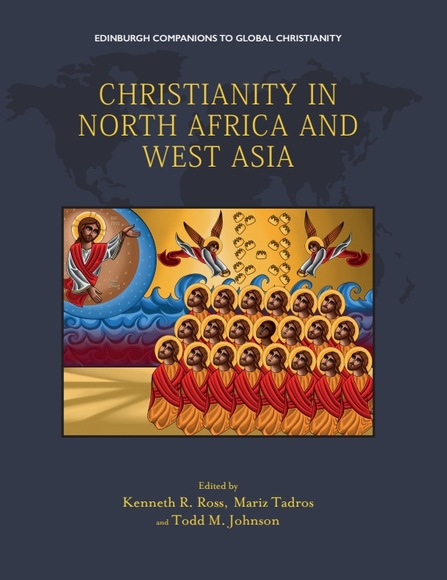
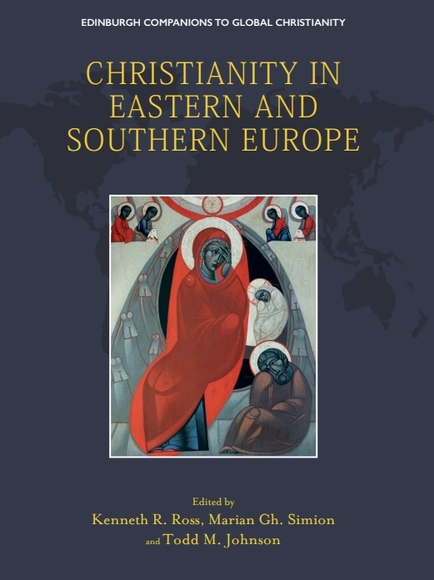
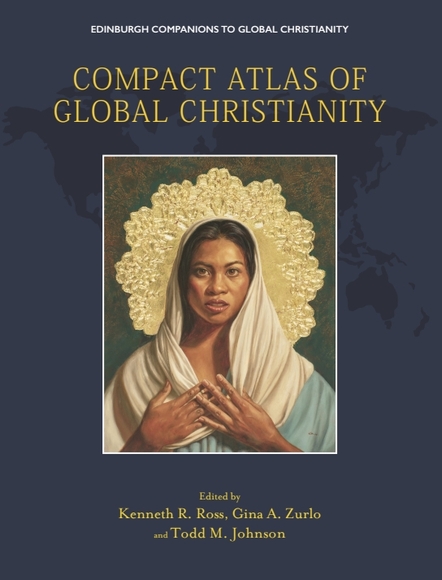
Discover more volumes in the Edinburgh Companions to Global Christianity
A new era of global Christianity
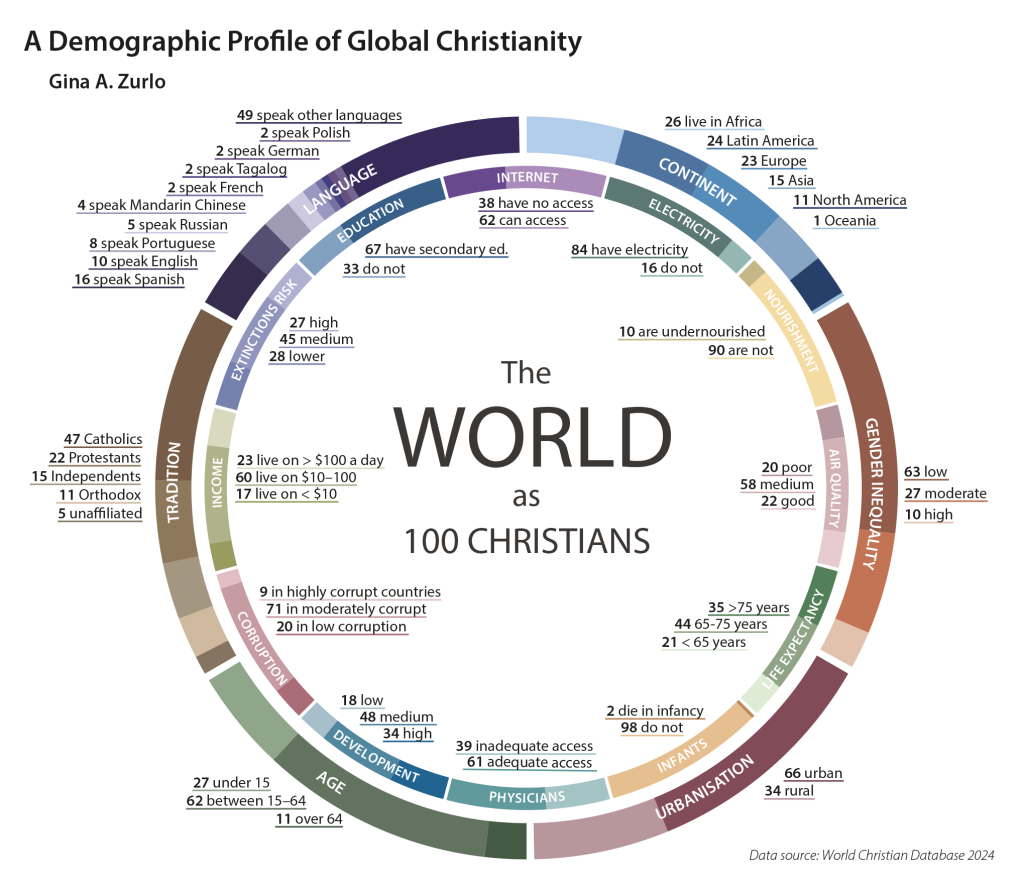
If there is one stand-out finding for which the Edinburgh Companions might be remembered, it is the ongoing shift of Christianity from the Global North to the Global South. In 1900, 82% of all Christians were in the Global North, by 2025 it had fallen to 31%, and our first ever estimates for 2075 suggest it will be only 17%. From the standpoint of the Global South, the corresponding figures are 18% (1900), 69% (2025) and 83% (2075). This means that, by 2075, there will be an almost complete upending of European dominance in global Christianity. Today, in 2025, Africa has 754 million Christians, by far the most of any continent.
By 2075, nearly half of all Christians will be Africans (1.8 billion). In that same year, Asia and Latin America will both have more Christians than Europe. Meanwhile, Christians in the Global North are projected to shrink, in raw numbers, from 824 million in 2025 to 636 million in 2075.
Perhaps the distinctive genius of the Edinburgh Companions is that they capture the dramatic changes in the demography of Christianity on a global scale while, at the same time, offering what Hugh Morrison described as a ‘fine-grained attention to the nuances and diversities of belief and practice.’ The range and scope of the Companions (5,000+ pages / 2,000,000+ words) ensure that they will offer discoveries and surprises even to scholars who are well versed in World Christianity. They also offer an accessible and authoritative account to anyone who wants to learn about the status of Christianity around the world in the first quarter of the twentieth century. With the completion of the series in 2025, the Companions stake their claim to be recognised as an essential work of reference.
About the authors
Kenneth R. Ross is Professor of Theology and Dean of Postgraduate Studies at Zomba Theological University in Malawi and Extraordinary Professor at the University of Pretoria, South Africa. His most recent monograph is Mission, Race and Colonialism in Malawi: Alexander Hetherwick of Blantyre (Edinburgh University Press, 2023).
Todd M. Johnson is the Eva B. and Paul E. Toms Distinguished Professor of Mission and Global Christianity and Co-Director of the Center for the Study of Global Christianity at Gordon-Conwell Theological Seminary, Hamilton, Massachusetts, USA. He is also visiting Research Fellow at Boston University’s Institute for Culture, Religion and World Affairs.



